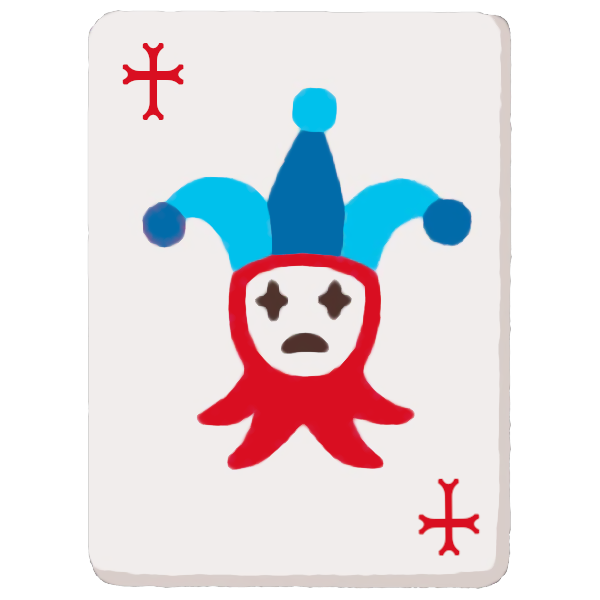The Devil in the King’s Court
The king has decided to become baptized, to save his mortal soul from hell. The devil decides he wants the king’s soul, and the day of the baptism, he visits the kingdom with the intent to kill the king before he is baptized. Thus, if the king dies, his soul will belong to the devil.
The devil visits the sleepy outskirts of town, looking for a weapon to kill the king.
The devil goes to the bowyer and asks for the finest recurve bow he has in his shop. The bowyer does not recognize the devil and sells his finest bow in the shop to the devil.
The devil then goes to the fletcher, and asks for the fletcher’s finest feathered arrows. The fletcher recognizes the devil, but sells him his finest arrows anyway.
The devil travels into the big city, but he quickly becomes lost in the hustle and bustle of the city streets.
He sees a priest and asks the priest for directions to the palace. The priest gives him the directions to the palace, and the devil thanks him and walks off.
The devil takes the priest’s directions to heart and finds the palace easily.
The palace guard stops the devil, and recognizing the devil, asks where he is going with a bow and arrow. The devil says he has come to tempt the king, and if the guard refuses to step aside, he will kill him. The guard steps aside so the devil may enter the palace.
The king is in the palace commons, where he is to be baptized in the pool of water in the courtyard. The devil, hidden from plain view, nocks an arrow, draws the string, and lets it loose. The arrow pierces the king’s heart, and he dies moments later.
The king’s priest and his family are horrified. The devil reveals himself to them from the shadows, and names the bowyer, the fletcher, the priest, and the guard who helped him. He then vanishes, gone without a single trace.
The prince, who now takes his father’s place as king, orders a trial for the four accused. They are brought before the new king, who gathers the above information from their testimonies.
The new king asks why they should not be imprisoned for assisting in his father’s murder at the hands of the devil.
The bowyer claims because he did not recognize the devil, he could not have known that his finest bow would be used to kill the king. Once he sells his bow, he is not responsible for what is done with it.
The fletcher claims that if it were not him selling the devil his arrows, the devil would have simply visited another fletcher for his arrows. He is a criminal by circumstance, he says, and it does not matter if he recognized the devil or not.
The priest claims that, regardless of whether he helped the devil or not, he preaches the Gospel, and speaks of all the good he does in the city, such as feeding the hungry and tending to the sick. If he is imprisoned, he believes more people will be hurt than helped.
The guard claims that if he did not let the devil pass, he is certain the devil would have taken his own life as well. It would be frivolous to stand against him, as the only difference in the end would be that the guard would have lost his life in addition to the king.
The new king considers their claims for a long, long time. He then asks his most trusted advisers for their opinions.
Every king has four trusted advisers: the general, the cardinal, the merchant, and of course, his wife.
The general tells the new king that they can never know the four accused’s true intent, only their actions and the result of those actions. Therefore, it is only just to have them all imprisoned if they are indeed guilty of those actions.
The cardinal tells the new king that if someone recognized evil, and still helped evil, they should be imprisoned. The bowyer did no wrong, for he could not tell it was the devil in his shop; the rest could have impeded the devil and chose not to, therefore they should be imprisoned.
The merchant tells the new king that if each person made the best decision they could, they should go free. The bowyer, he believes, was simply doing his job and should not be sent to the dungeon; the fletcher, however, knew he did wrong and thus should be imprisoned; the priest could not have known the devil’s intent no matter what the case, and sentencing him would be wrong; the guard must have known the devil needed him or he would not have asked for his help, but it was his cowardice that influenced his decision, so he should be put under trial.
The new king’s wife, the new queen, simply says they should all go free, because the true culprit is the devil. As the only individual to have truly killed his father, he is the only one who has done any wrong.
The fool, who entered the court unannounced at some point, disrupts the hearing by barging into the center of the court. Although he was not asked for his opinion, the fool questions where God was during all of this.
What should the new king do?
